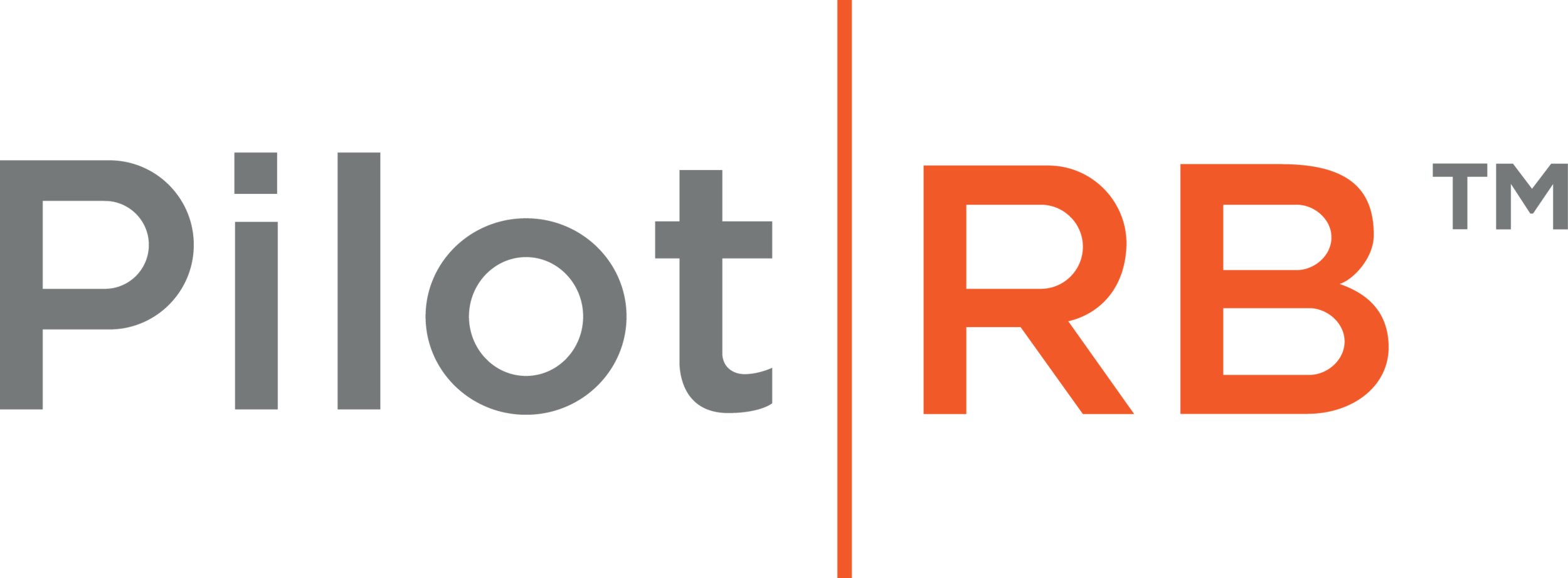One Big Beautiful Bill Becomes Law on the Heels of the Holiday
In May we saw the ‘One Big Beautiful Bill [1]’ pass the House and then narrowly pass the Senate a month later on July 1. In a surprising turn of events, it then became law on the heels of the 4th of July Holiday. The Bill contains a myriad of provisions reaching numerous industries. Below are the most pertinent insurance and employee benefits related items.
Medicaid- One of the more contested components that made it to the final bill is the reduction to Medicaid funding. The Senate increased the reduction in funding from $800 billion proposed by the House, to $1 trillion. The Congressional Budget Office (CBO) estimates nearly 12 million individuals will lose their health insurance in the next 9 years under these cuts.
2017 Tax Cuts and Jobs Act (TCJA)- the Bill maintains many provisions of the 2017 TCJA, including the House’s permanent extension of the 199A deduction, at the current 20% rate, instead of the House’s proposed 23% rate. Additionally, the lower individual tax rates become permanent.
Additional benefits related items include:
Retains current tax exclusion for employer sponsored health insurance
Increases the nonrefundable child tax credit, and ties the limit to inflation
Permanently restores the 163(j) business interest deduction at 30% of EBITDA
Permanently extends the safe harbor for pre-deductible reimbursement of telehealth services under high-deductible health plans (HDHP) without disrupting HSA eligibility
Increases the annual contribution limit for dependent care Flexible Spending Accounts (DCAs) from $5,000 to $7,500 for married couples filing jointly, and from $2,500 to $3,750 for married couples filing separately
Does not include a prohibition on state regulation of Artificial Intelligence and its uses
Does not adopt the CHOICE HRA incentive program proposed by the House
Does not adopt the expansions to Health Savings Account (HSA) allowable contributions passed by the House
As insurance carriers and regulatory agencies work through the various provisions, additional communications are anticipated. At this time, there is no employer action required.
